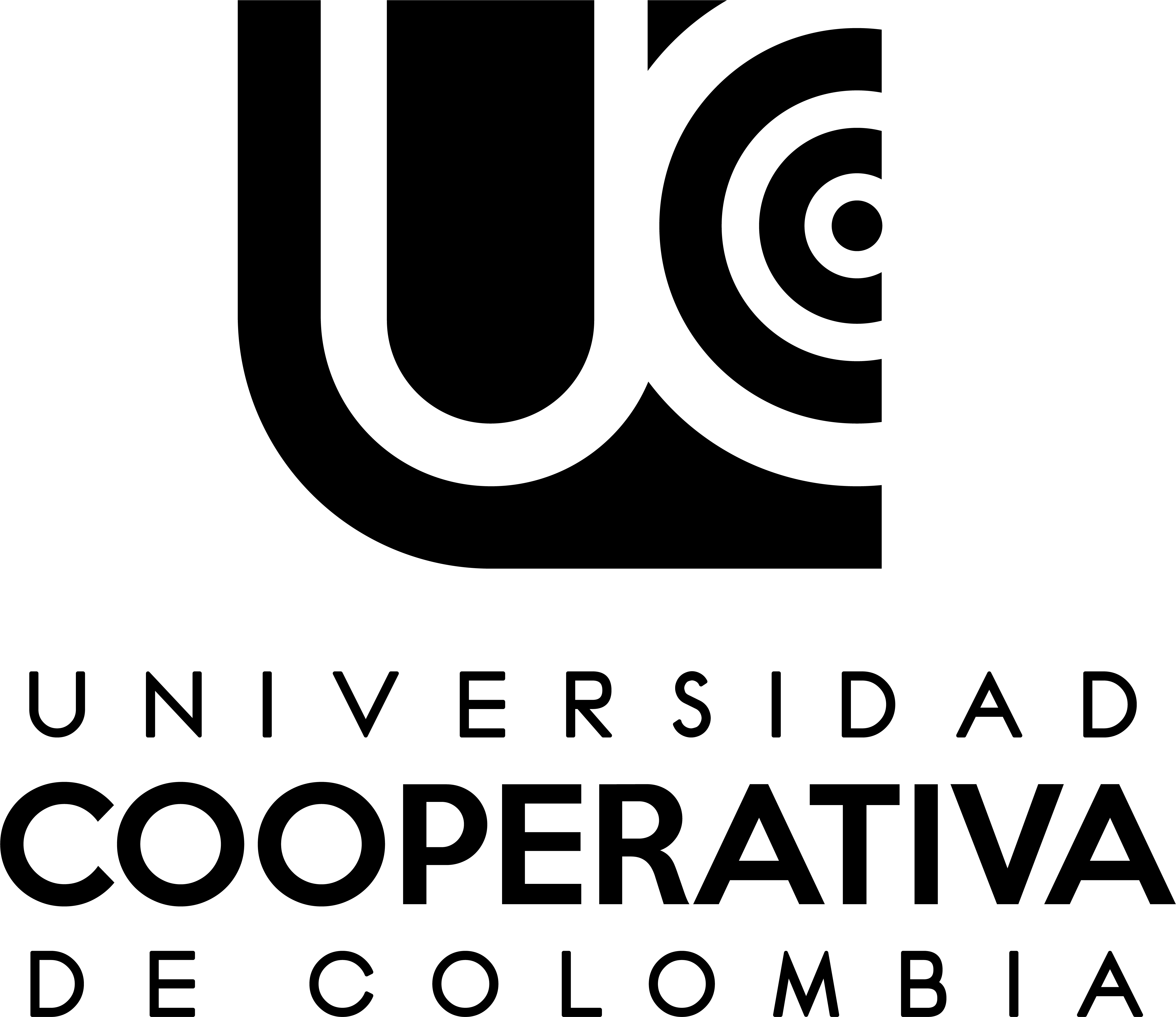Trust As A Missing Link Between Quality Of Work Life And Subjective Well-Being
Introduction:The research paper “Trust as a missing link between Quality of work life and Subjective well-being”, was developed at KIET School of Management, KIET Group of Institutions in the year 2019.
Problem:Organizations have initiated the search for intervening strategies whenproviding primed quality of work life to retain potential employees for heightened productivity, efficiency, effectiveness and performance.
Objective:The main aim of thisstudy is to examine the influence of quality of work life on subjective well-being of employees. Furthermore, the present study also explores the aforementionedassociation with the mediating effect of trust.
Methodology:The study is comprised of 350 managers working in IT industries. The participants were a convenient purposive sample. The data wasanalyzed by a number of statistical techniques such as: Pearson’s Product Moment Method and Stepwise Multiple Regression Analysis, which were used to explore the influence of quality of work life on trust and subjective well-being.
Conclusion:This study makes a theoretical contribution in understanding trust as a missing link between QWL and subjective well-being.
Originality:The most important aspect which binds an employee to the organization is the level of trust and the well-being of employees at the workplace.This perspective has currently been neglected by the management practitioners and it can be stated that low levels of trust and well-being, when overflowing into the other domains of life,lead to further distrust and life dissatisfaction and makes an employee less productive and incompetent when confrontinglife challenges.
Restrictions:The research paper is entirely relianton cross-sectional data that could also be extended while selecting larger multicultural samples for the better understanding and measurement of cognitive processes across organizational cultures.












